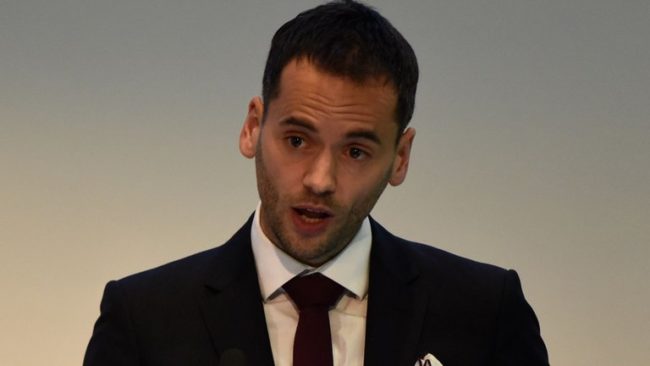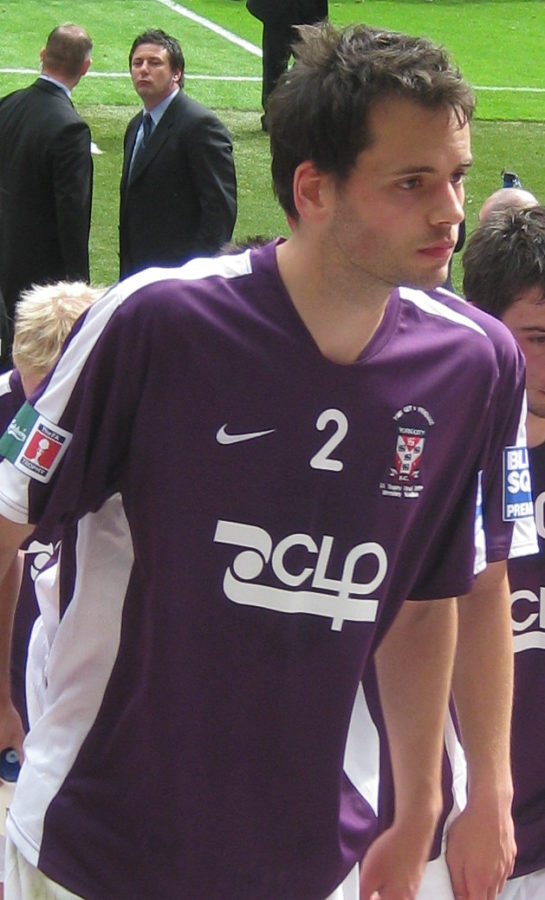Professional Footballers’ Association chair says ‘attitudes are changing’ towards gay players

(Photo by Laurence Griffiths/Getty Images)
The new chairman of the Professional Footballers’ Association has spoken out in support of gay players.
Ben Purkiss, who is a defender for Swindon, took over the role last month.
There has yet to be a gay football player who has been out during their active professional career.
Last year Greg Clarke, Football Association chairman, said he wouldn’t encourage a player to come out, due to fear of the reaction they would receive from fans.

Ben Purkiss
However Purkiss said he believes the culture of the sport towards gay players is improving.
“Attitudes in society are changing. As time goes by, new players come into the game and attitudes develop, I think and hope people will feel comfortable coming out,” he said.
“I hope they feel football is a safe environment to do that. Clearly at the moment people don’t feel that way because we don’t have any active openly gay footballers.”
“It would be a surprise if there weren’t gay footballers. The role of the PFA is to be supportive and try to ensure the culture of football is safe enough so people feel comfortable being themselves.”

(PAUL ELLIS/AFP/Getty Images)
Just last week football and rugby players and managers took part in the Stonewall Rainbow Laces campaign, to combat homophobia in their sports.
“We are 100 per cent behind the campaign and 100 per cent behind any player who wishes to come out,” Purkiss said of Rainbow Laces. “There is work being done to change perceptions but it takes time.”
Last month Ryan Atkins, the first openly gay referee called on big-name footballers to do more to tackle homophobia.
“There are key players in football who could make a difference by saying simply that homophobic abuse and homophobic comments are not acceptable,” he said.
Related: How are we going to effectively tackle homophobia in football?

Ben Purkiss
Purkiss also said he felt professional football was becoming more supportive of players with mental health issues, providing helplines and counsellors.
‘Players are more comfortable discussing their problems and realising they don’t have to suffer in silence. That macho culture people think about in football and society is starting to dwindle a bit,’ said the 33-year-old.
Last year 160 current and former players asked the PFA for support with mental health issues.
“We shouldn’t be frightened by the numbers, we should embrace the fact people are wanting to make contact and recognise there is a problem and continue initiatives to alleviate them,” Purkiss said.

